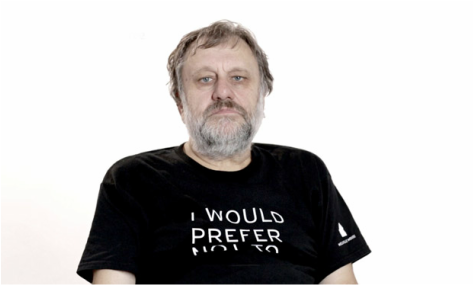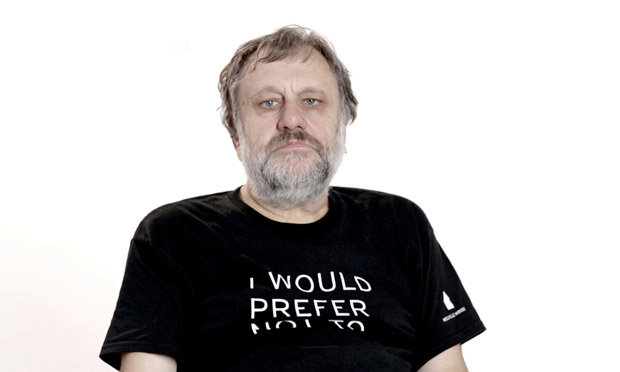 In part Slavoj Zizek has remarked, "What they offer us is precisely love without the fall, without falling in love, without this totally unpredictable dramatic encounter. And that’s what I find very sad. I think that today we are simply more and more afraid of this event or encounters. You encounter something which is totally contingent but the result of it if you accept it as an event is that your entire life changes. . . . "A totally contingent encounter but the result can be that your whole life changes. Nothing is the same as they say. You even spontaneously perceive your entire past life as leading towards this unique moment, you know, the illusion of love is 'oh my God, I was waiting all my life for you.'” Zizek criticizes dating websites and introduction agencies that match couples. He encourages people in the West to continue to “fall in love,” a method of coupling that began with the troubadours. He tells us that the “match up” method lacks contingency and the irrationality that embeds experience. He reminds us that by using computer matching sites and agencies aiding with compatibility tests we are reverting to the pre-modern arranged marriages. He explains why falling in love is important for couples and suggests why it is so for Western culture. He explains that two people are attracted to each other because an imperfection or flaw in the ideal that each holds in his/her mind. (This cause of attraction is subconscious of course, but that flaw (and that later discovery) may be what the lover is itching to experience and learn from.) Zizek explains that when two people fall in love, it is a violent experience because each person’s world changes. Each orientation is altered so that each experiences the world differently, often an attempt by each to orient as one, melding two separate life experiences. Their entire lives change. He also explains that there is a violence when the ideal that each person in the couple embraces falls away to reveal the actual person that each is with the flaws. This is the violence of discovering the actual other. The two areas of violence in love interest him precisely because of the growing or learning that takes place for each partner often over a lifetime. I believe there is another reason that Zizek is interested in the West continuing the tradition(?) of falling in love. He never actually says this though. I believe he sees that to lose the experience is to lose individual freedom and the West’s way of changing ideologies, how we via contingency move from one ideology to another. Without this ability in practice, revolution would be impossible, and even reform would seem hopeless. We in the West fall in love with an ideology that changes our orientation to the world often for generations. That ideology has its flaws (and that is what attracts us subconsciously) and sooner or later when the benefits of the ideology have been lived fully but the flaws have been experienced fully also, we release the beloved ideology. At that point we are ready to fall in love again. This where we are currently in the West: Ready for the contingency of falling in love with a new ideology to take hold.
0 Comments
Leave a Reply. |
Archives
May 2024
Categories |

 RSS Feed
RSS Feed